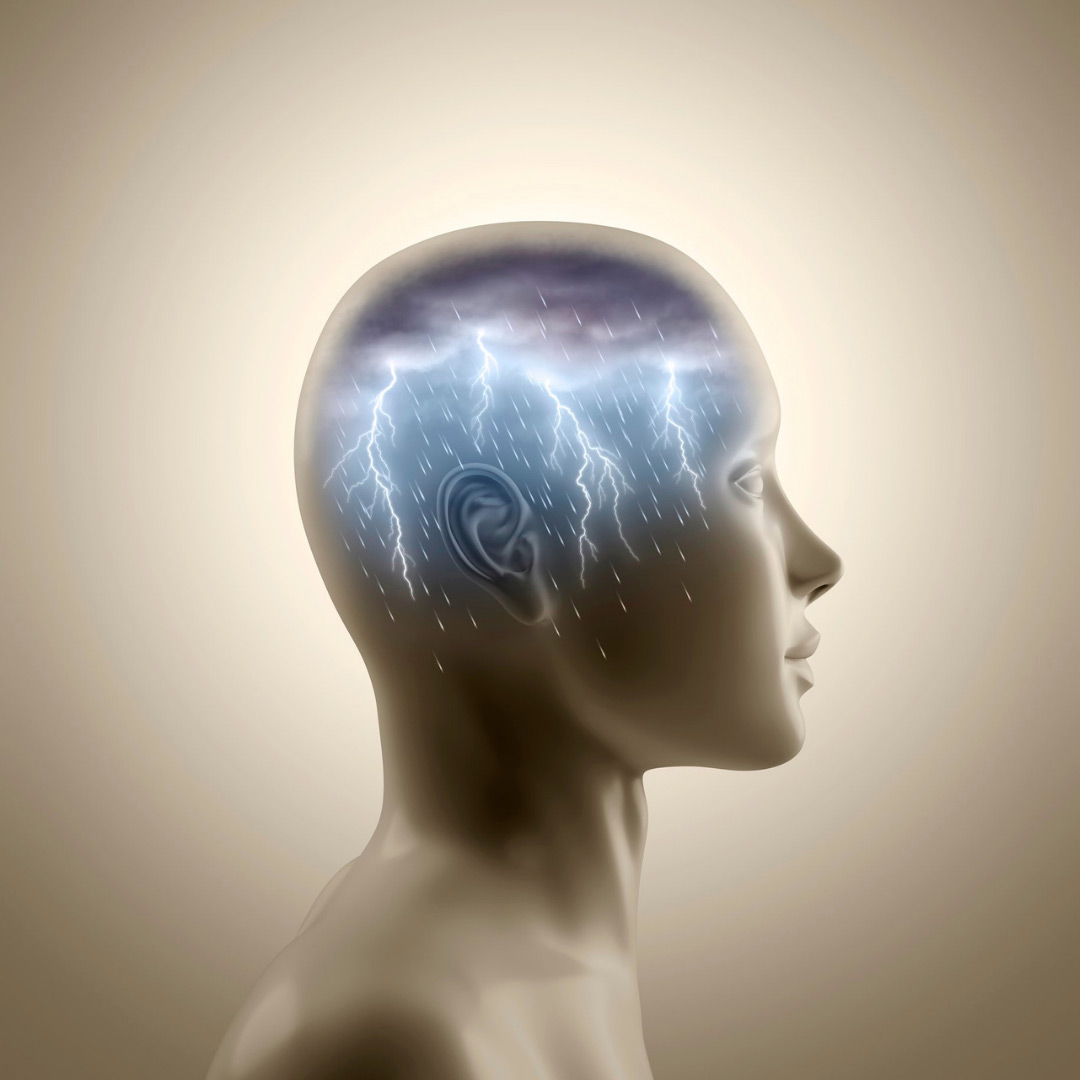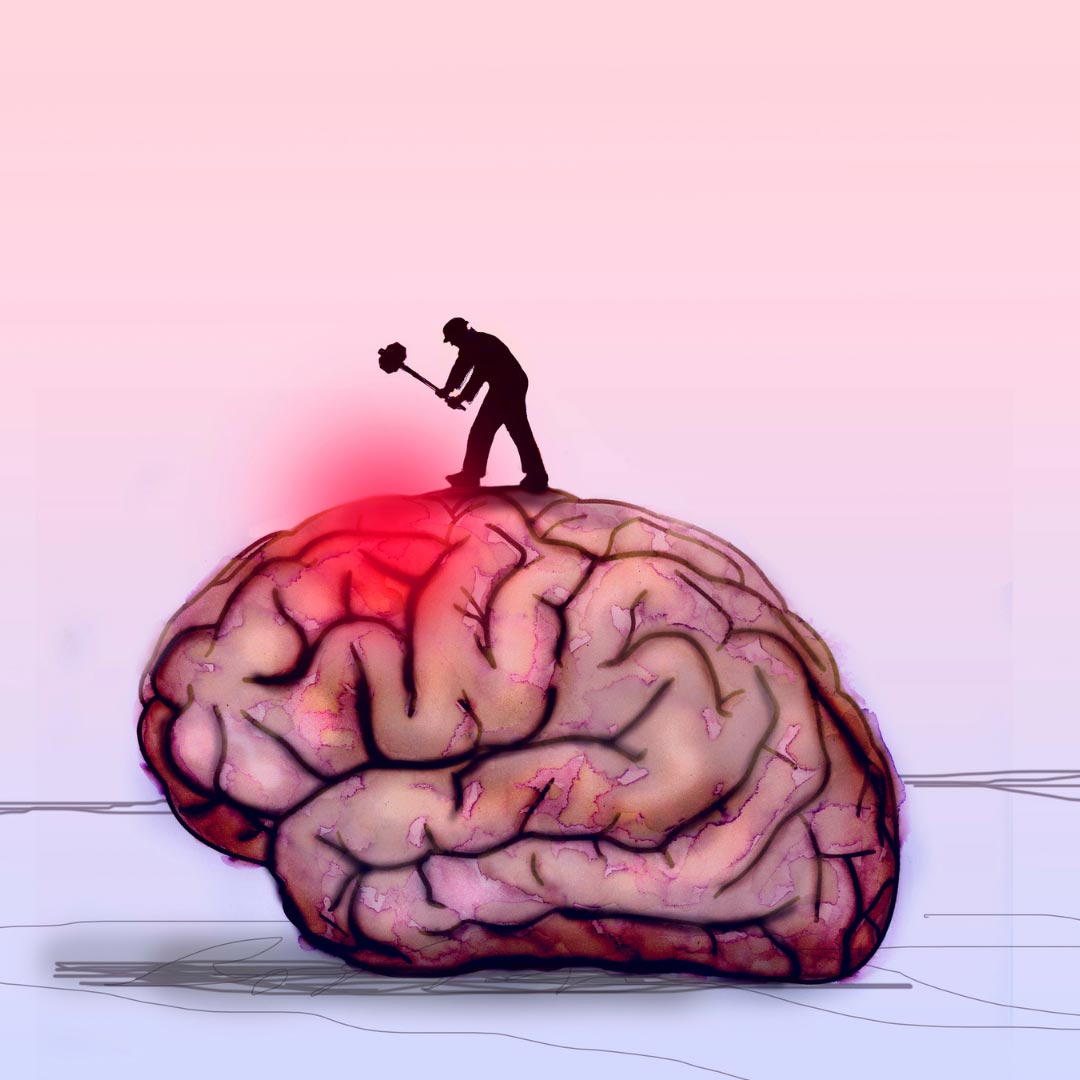Body Region Blogs

How to Manage Your Migraines: Part 2
The most successful migraine management strategies are often a combination of lifestyle modifications, medication and complementary therapies such as Osteopathy.

How to Manage Your Migraines: Part 1
Migraine symptoms typically present as a one-sided headache lasting between 4-72 hours, accompanied by a throbbing or pulsating sensation. They’re quite commonly associated with nausea, vomiting, aura/vision disturbances, and increased sensitivity to light sound and smell. So now that we know what happens when we get one, let’s learn a little more about the symptoms and how osteopathy can help!

Christmas Tips
Christmas is fast approaching! Which can mean extra stress levels, especially at the weekends when we try and cram in the Christmas shopping and subject ourselves to carrying those gift-laden shopping bags through the crowds. Add to this the extra pressure of cleaning the house, the food preparation and cooking for your friends and family when they come and visit. Plus there is always that trip into the attic to get the Christmas decorations and the tree down! Although the preparations are fun, there is always so much on the Christmas to do list as you get ready for the big day! But beware this can add extra twists and strains on your back – so here are some tips for having a pain free Christmas!

A Good Night’s Sleep
Getting a good night’s sleep is incredibly important for your overall health. It’s a period of time when the body restores itself physically, and organisation occurs in our brain. Research has shown that a person’s ability to concentrate, use creative thinking, make sound decisions, and form memories can all be negatively impacted by poor sleep.

High Ankle Sprains
A high ankle sprain is stretching of the ligament in front of the ankle which holds our two leg bones- fibula and tibia together above our ankle joint. High ankle sprain is caused by rolling over the front of our foot (toes in the ground) this places more pressure on the front of our ankle, unlike the usual lateral ankle sprain where we roll on the outside of our ankle.

Exercises for Ageing Bones
Are you in (or approaching) your later years? Are you wondering what you can do to ensure your bones stay strong through the next period of your life? As we age it is common to begin feeling the effects of years of ‘life’ on your body. Diseases like osteoarthritis (i.e. degeneration of joints) and osteoporosis (i.e. weakening of bones) are more common in the elderly population. But just because the figures show this, it doesn’t mean these diseases will affect your ability to lead a full and active life.
